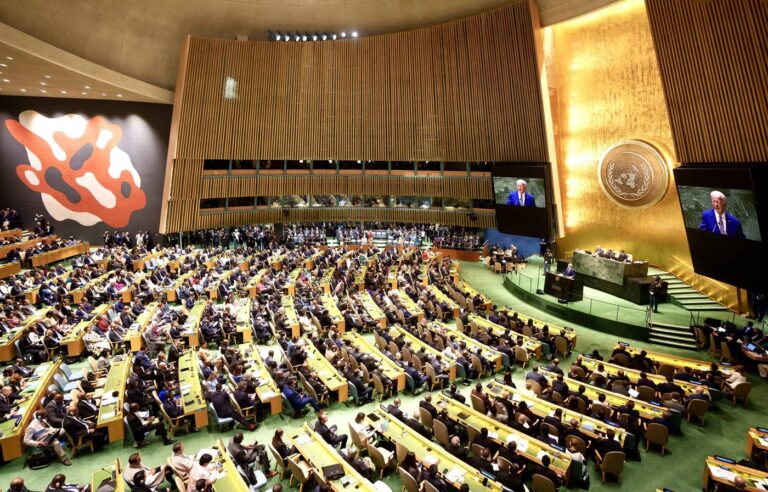Ukrainian President Volodymyr Zelensky, speaking at the Security Council, said that to end the war, Russia would have to lose its veto power, as any attempt to stop the conflict “meets with the aggressor’s veto power.”
Zelensky also endorsed the call by U.N. Secretary-General Antonio Guterres for deep internal U.N. reforms. Thus referring in particular to the one concerning the expansion of Security Council membership, a hypothesis also supported by U.S. President Joe Biden.
Table of Contents
Zelensky calls for reform of the UN Council
The president of Ukraine said it is “unfair” that billions of people around the world do not have a permanent representative on the Security Council. While Russia does.
Zelensky also called on governments to support Ukraine’s 10-point peace plan. Which includes a demand for a complete withdrawal of the Russian military and which Russia has already rejected.
Russian Foreign Minister Lavrov suggested that in order to end the war, the United States could “order” Kiev to negotiate. Biden could not be further from such an option, and he reiterated this in his speech at the Glass Palace the previous day.
During the General Assembly, cell phones have been turned into new “diplomatic” tools for ignoring opponents. Yesterday the Russian ambassador focused on his while Zelensky spoke While the Ukrainian ambassador did the same while the Russian foreign minister spoke.
The day before the Russian envoy had done so during Zelensky’s speech. And on the same occasion the Iranian foreign minister was filmed watching a soccer game on his phone.
Read also: UN Council brings together Lavrov and Zelensky, but no bilateral meeting between the two
Veto power in the United Nations Security Council
The UN Security Council veto power is the power that the five permanent members of the UN Security Council (China, France, Russia, the United Kingdom and the United States) have to block (veto) any “substantive” resolution.
However, the abstention or absence of a permanent member does not prevent the adoption of a draft resolution. This veto power does not apply to “procedural” votes, as determined by the permanent members themselves. A permanent member can also block the Secretary General’s choice. Although a formal veto is not required since the vote is taken behind closed doors.
The veto was the result of extensive discussion that took place during the negotiations for the formation of the United Nations.
The evidence is that the United States, the Soviet Union, the United Kingdom and China all favored the principle of unanimity. Not only out of a desire for the major powers to act together. But also to protect their sovereign rights and national interests.












